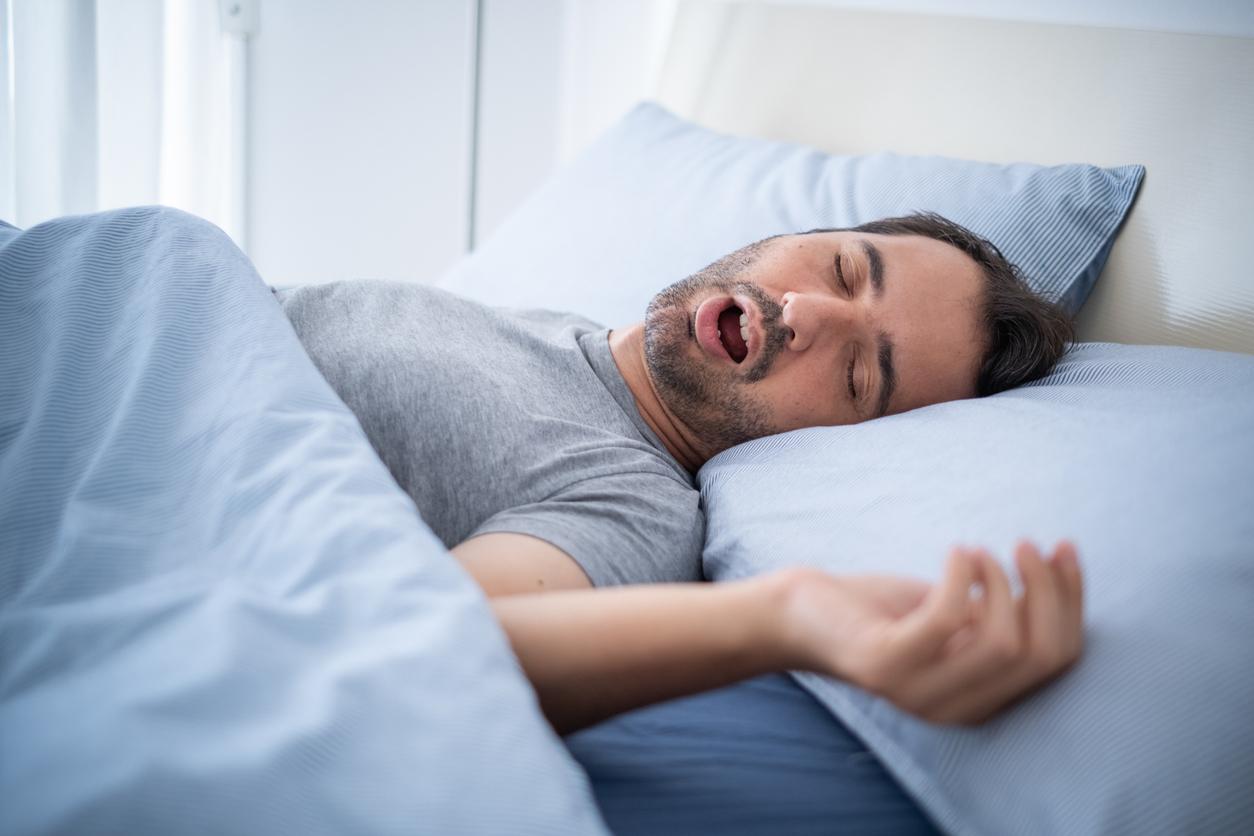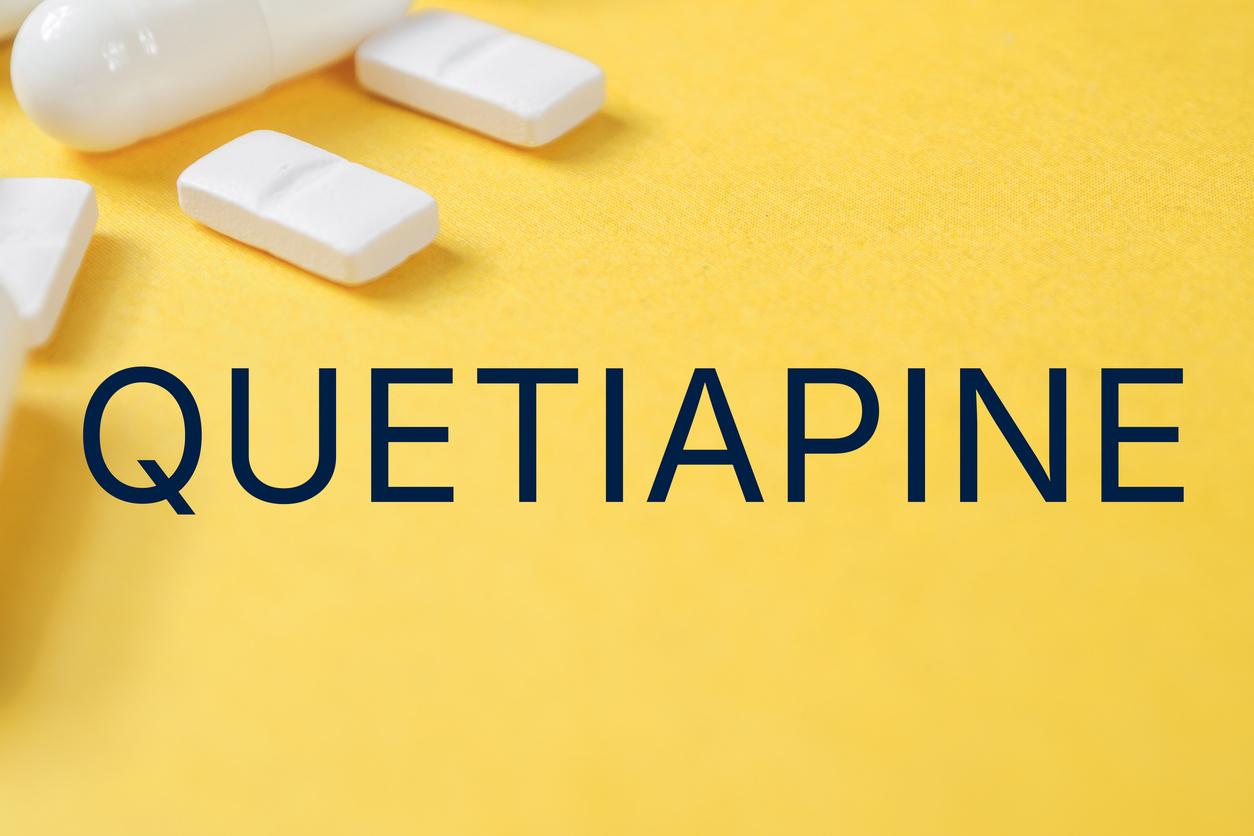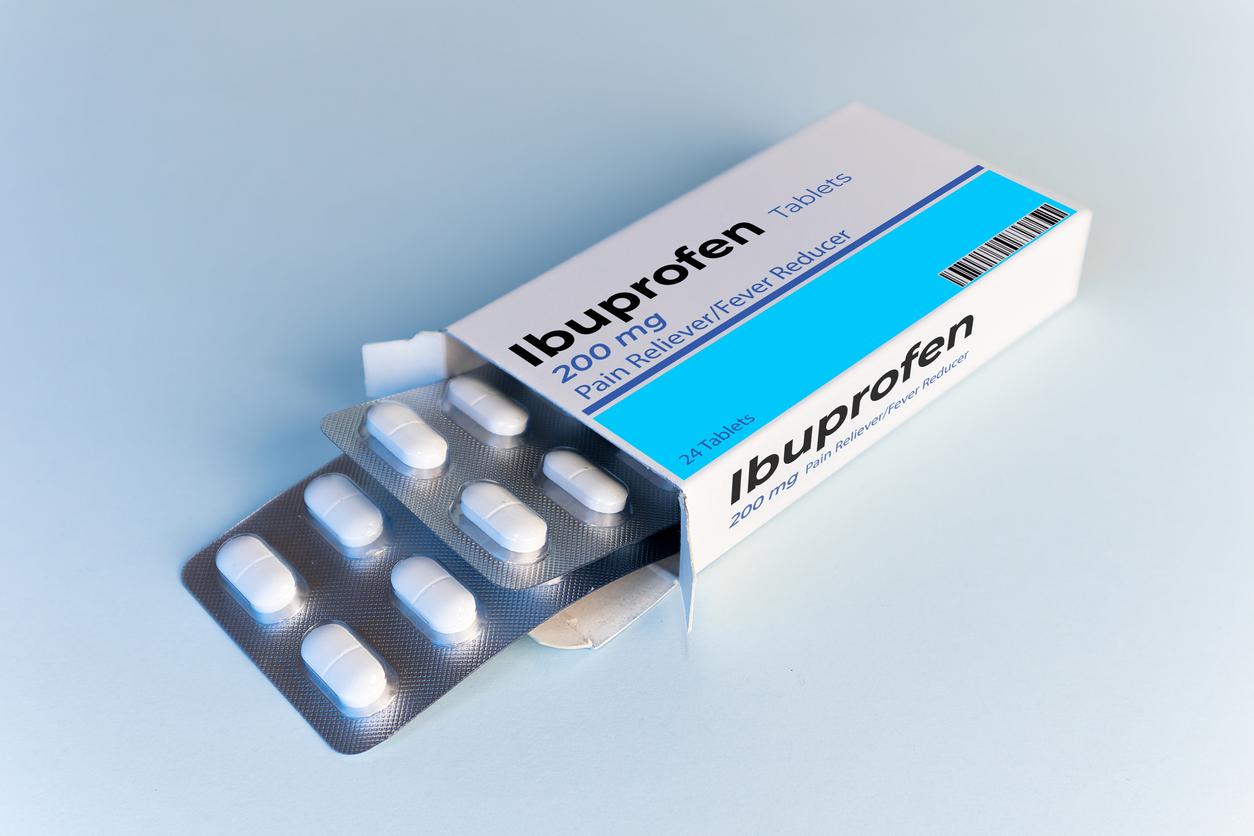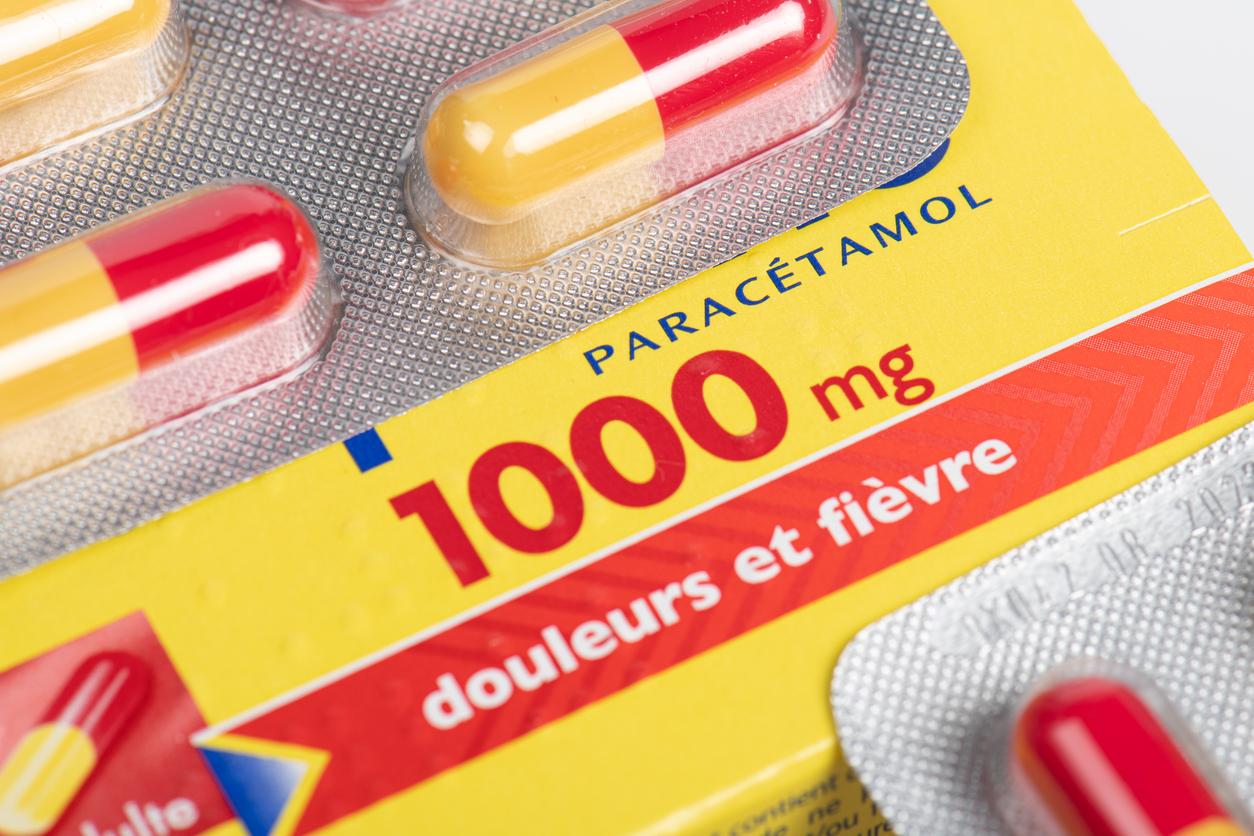A drug currently used for epilepsy, called sultiame, has been shown to be effective against the symptoms of sleep apnea syndrome.

- Sultiame is a drug used for epilepsy. It targets the respiratory system by inhibiting an enzyme, called carbonic anhydrase, and stimulating the muscles of the upper airways.
- A new study reveals that this treatment is also effective against sleep apnea.
- However, further testing is needed to confirm the finding.
According to estimates, around 4% of French people suffer from obstructive sleep apnea-hypopnea syndrome (OSAHS). “The standard treatment for obstructive sleep apnea is to sleep with a machine that blows air through a face mask to keep the airway open. Unfortunately, many people find these machines difficult to use in the long term, so there is a need to find alternative treatments,” explains Professor Jan Hedner from Sahlgrenska University Hospital and the University of Gothenburg.
Good news for them. A new study, presented at the European Respiratory Society (ERS) congress in Vienna, reveals that sultiame, a drug currently used against epilepsy, could be that alternative.
Sleep apnea: promising results with sultiame
For this study, the researchers followed 298 people with sleep apnea treated in 28 different centers in Spain, France, Belgium, Germany and the Czech Republic. All of these volunteers could not tolerate or refused to use continuous positive airway pressure devices.
Patients were assessed by polysomnography (a device that measures breathing, blood oxygen levels, heart rate, eye movements, brain and muscle activity during sleep) at the start of the trial and then four and 12 weeks later.
During the experiment, participants were divided into four groups: the first took 100 mg of sultiame per day, the second 200 mg, the third 300 mg and the members of the last had a placebo. “Sultiame is a drug that targets the respiratory system by inhibiting an enzyme called carbonic anhydrase and stimulating the muscles of the upper airway.”specifies the press release.
The tests found that people taking the epilepsy drug had fewer breathing pauses and higher levels of oxygen in their blood while they slept. In detail, the frequency of breathing pauses during sleep was 17.8% lower for patients taking the lowest dose, 34.8% lower for those with the average level, and 39.9% lower for the highest dose group. When the researchers used another measure, called AHI4, the treatment effect was close to a 50% reduction in breathing pauses with a deeper drop in oxygen levels. Volunteers taking sultiame also reported feeling less sleepy during the day.
Other reassuring data: the side effects experienced by patients taking sultiame, such as tingling, headache, fatigue and nausea, were generally mild or moderate.

Sultiame and sleep apnea: further studies are needed
For the researchers, all of these results show that sultiame could be an effective treatment for obstructive sleep apnea, particularly for people who cannot use existing mechanical treatments.
However, patience is required.”Although sultiame is already available as a treatment for childhood epilepsy, we still need to perform a phase III study to confirm the beneficial respiratory effects of this drug in a larger group of patients with sleep apnea.”warns Professor Hedner.


















